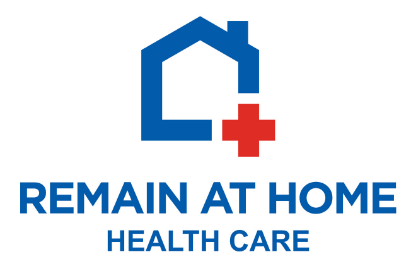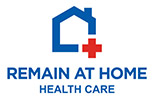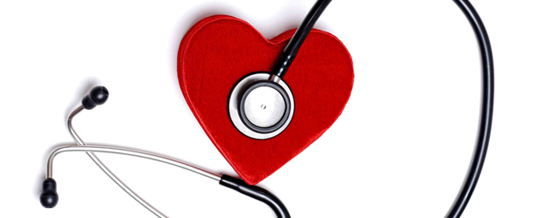Triglycerides are a type of fat that circulate in your blood. Your body uses them for energy, and you need some for good health, especially good cardio health. Unfortunately, many in the medical fields say that people tend to ignore their triglyceride levels, since most people with high triglycerides don’t exhibit any symptoms. But, like cholesterol, triglycerides can come in “good” and “bad” manifestations, with bad stuff considerably increasing your chances of heart disease.
It’s not unusual for people to confuse triglycerides and cholesterol. Here’s the breakdown: Both are types of lipids (i.e. fats) found in the blood. Triglycerides store unused calories and provide the body with energy, while cholesterol is utilized to build blood cells and some hormones. Neither can dissolve in the blood.
Triglycerides might not be as prominently discussed as cholesterol because high levels of “bad” triglycerides often appear in tandem with other conditions, including: obesity, diabetes, kidney disease, an underactive thyroid, and a poor diet. Certain medicines can also raise triglyceride levels. And in a few cases, high triglycerides can run in families.

Brian Carrigan
Founder & Co-Manager
The good news is that it is simple to test your levels: A blood test that measures your cholesterol also measures your triglycerides. In general, normal is less than 150. Borderline-high is 150-199. High is 200-499. And very high is 500 or higher.
In most cases, similar to cholesterol, high triglyceride levels can be diminished through a healthier diet and an increased exercise plan. Moderate exercise (5 or more days a week) can help dramatically lower all levels, as can reducing saturated fat, trans fat and cholesterol laden foods, high levels of sugar, and excess alcohol from your diet. And note: Any food high in Omega-3s, including fish, can and usually will play a key role in diminishing triglyceride levels.
In other instances, high triglyceride levels can be controlled by medicine, although this treatment can be complicated due to other prevailing health conditions. Medications that can control triglyceride levels include Lopid, Fibricor and Tricor (fibrates), Niaspan (nitronic acide), Lovaza and Vascepa (mostly Omega-3 based).
The best way to determine if your triglyceride levels are within the healthy range is to have a simple blood test (this will require fasting for nine to twelve hours beforehand). If your levels are too high, you can take immediate action through a healthier lifestyle, which we all know means a better and longer quality of life.




